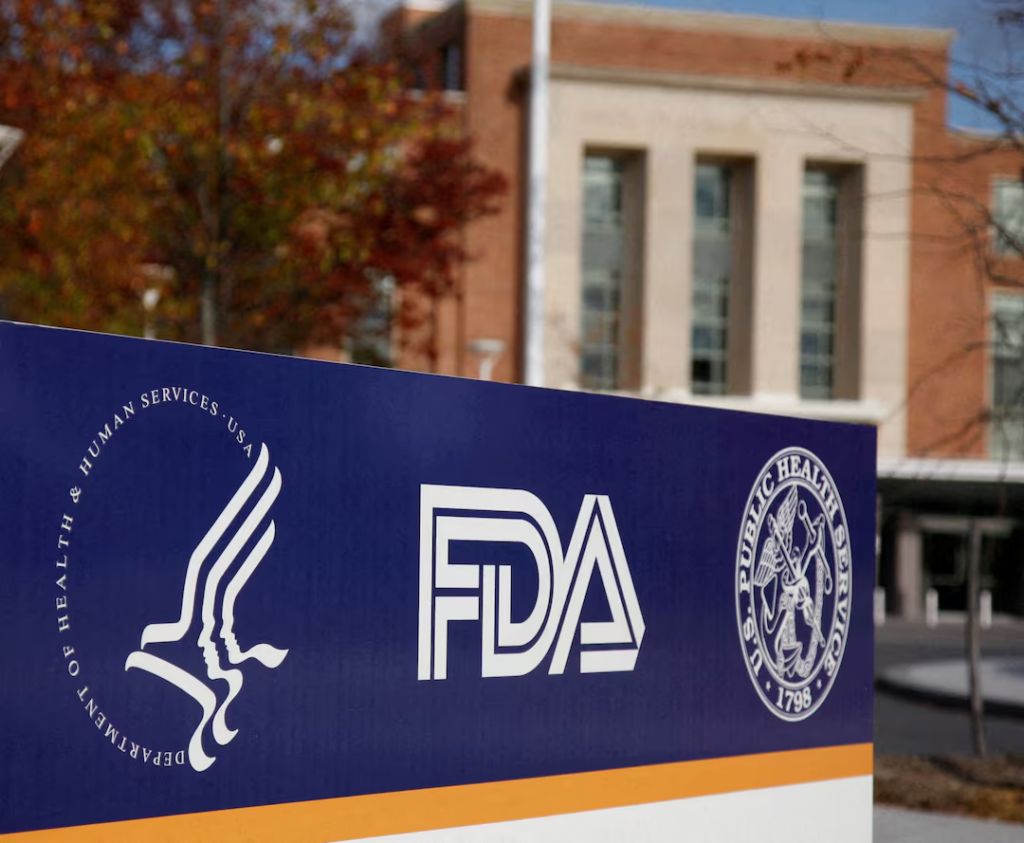
Internal list bans common terms
Some scientists at the Food and Drug Administration (FDA) have been instructed to stop using terms such as “woman,” “disabled,” and “elderly” in external communications, according to a Reuters report citing two sources familiar with the matter.
A file named “prohibited words” has been circulating in official FDA chats since at least last week, causing confusion among employees. The list reportedly contains more than two dozen words, including “underrepresented,” “underserved,” “understudied,” “sex,” “identity,” “diverse,” “women,” “promote,” “definition,” “continuum,” “ideology,” “self-assessed,” “special populations,” “elderly,” and “disabled.”
White House responds to controversy
As public attention grew, a White House spokesman stated that part of the banned terms list had misinterpreted President Donald Trump’s executive order.
The spokesman clarified that while some terms must be avoided under the order—such as “gender,” “inclusion,” “identity,” “diversity,” “inter,” “intersex,” “equity,” “equitable,” “transgender,” and “trans”—most words on the FDA list need not be removed from communications. The spokesman suggested that the directive may have resulted from an internal error at the FDA.
Confusion among FDA staff
The list has added to the challenges faced by the FDA, which has been dealing with major personnel changes under the Trump administration.
Two FDA scientists, who spoke anonymously, said neither they nor their managers knew who had issued the directive or why these specific words were included.
“I don’t understand why we can’t use a word like ‘woman,'” one FDA source told Reuters. “The words on the list would make it almost impossible to do our jobs.”
Broader impact on public health agencies
The FDA is not the only agency affected by recent language restrictions. In recent weeks, another federal health agency was instructed to remove terms such as “gender,” “transgender,” “LGBT,” and “nonbinary” from its communications to comply with executive orders.
To adhere to these policies, the Centers for Disease Control and Prevention (CDC) has removed publicly available health information, including HIV datasets, and has withdrawn certain research papers from consideration for publication in scientific journals until they undergo review by Trump administration appointees.
Concerns from public health experts
Health experts have raised concerns that restricting language could hinder their ability to address diverse medical needs, particularly those affecting vulnerable groups such as people living with HIV or sexually transmitted infections.
The two FDA sources said their colleagues believe the list originated from within the Center for Devices and Radiological Health, which employs more than 2,000 people and oversees the safety and efficacy of medical devices.






